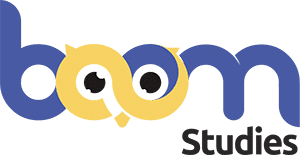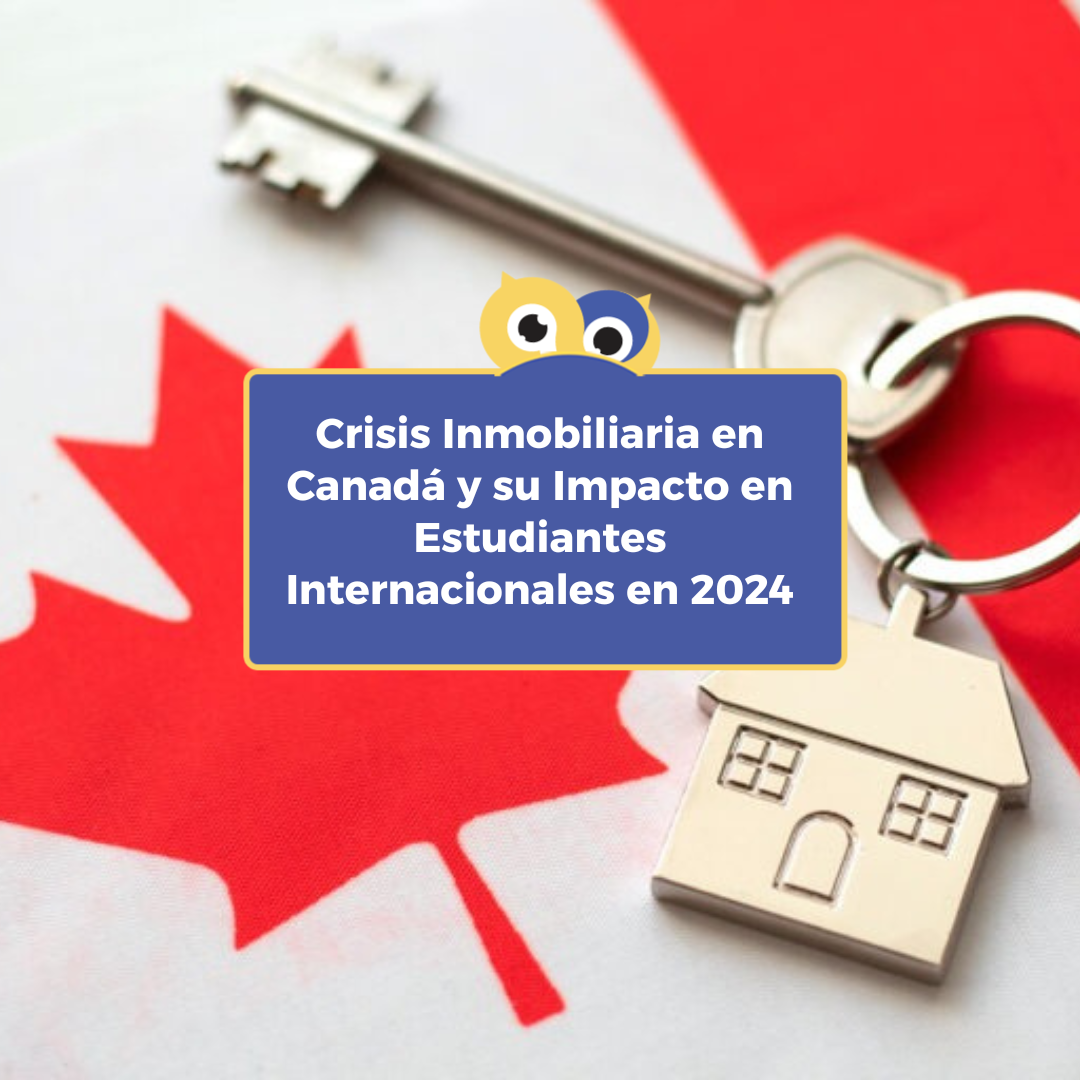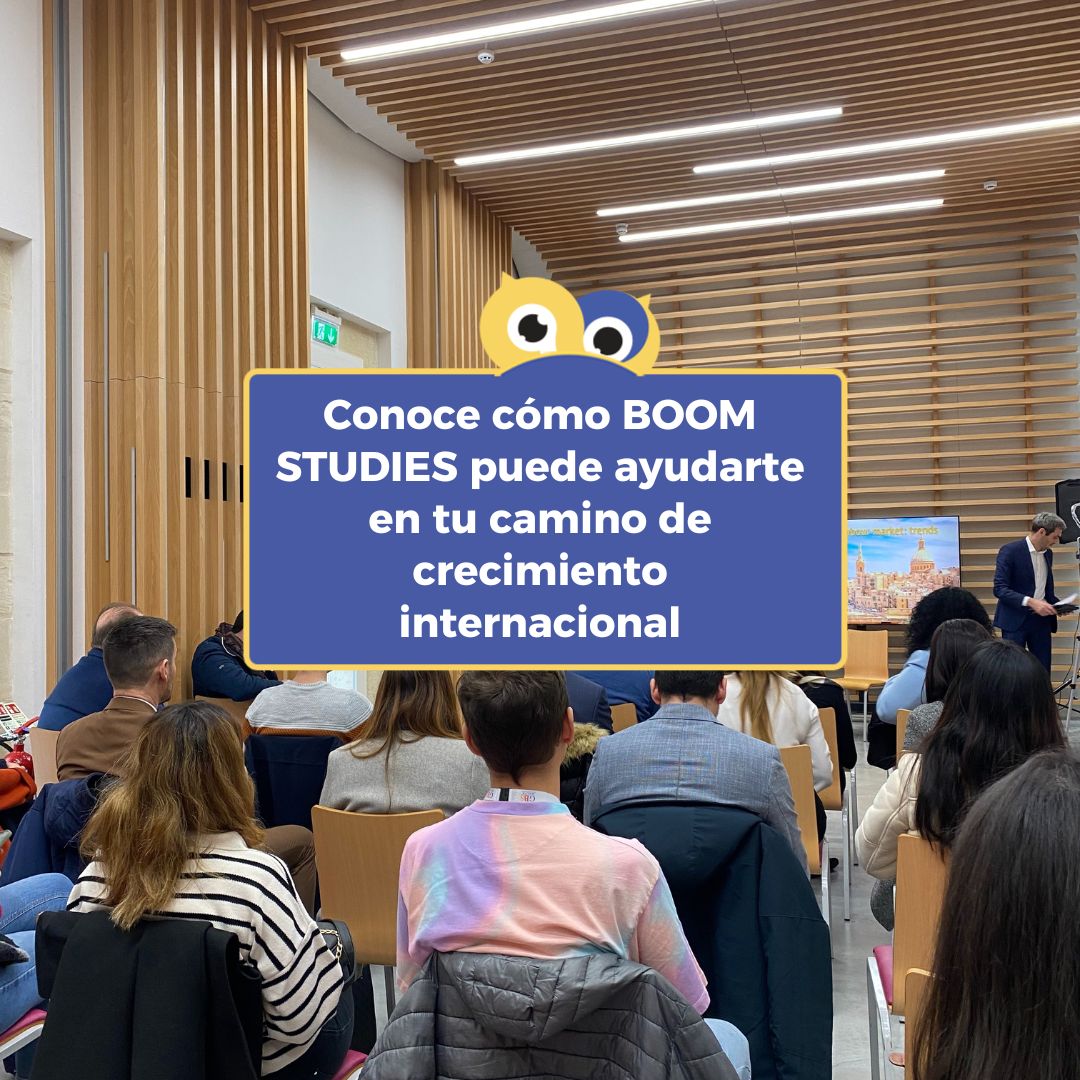Study and working in Ireland is the dream of many who wish to live in a destination known internationally for its idyllic landscapes, medieval castles, progressive society and an economy that attracts the world's leading technology companies.
However, there are many questions about how to undertake this adventure and what is required to make it a reality. Mainly, you should bear in mind that this is a country whose official language is English and some nationalities require a visa to enter its territory.
The first thing to think about when thinking about working in Irelandis if you have knowledge of the English language. If your level of English is very basic, it may take you a little longer to find work in Ireland and adapt to the challenges of living abroad.
According to the experiences of several people, it is generally very easy to find part-time employment as a student. However, for people who plan to migrate to seek employment without any prior permission or visa, it is quite difficult to get documentation, especially if you do not have English and a trade that is in high demand in the country.
How to work in Ireland as a student?
There are a number of advantages associated with studying and working in Ireland. While there is a chance of finding a job at a basic/intermediate level, most employers are much more interested in people who are fluent in the language.
As for the documentation you require, the first thing you should do is check whether or not you require a visa to travel to the country. If you are from Argentina, Bolivia, Brazil, Costa Rica, El Salvador, Guatemala, Honduras, Mexico, Nicaragua, Panama, Paraguay and Uruguay you do not need to apply for a visa from your country, but you must apply for a permit to study and work in Ireland.
Other nationalities must apply for a pre-visa from the embassies in their home country. Among the documentation required for a pre-visa and residence permit to study in Ireland, you must show proof of financial solvency for the duration of your studies, a valid passport, a letter of invitation from the school and documentation proving that you will not be staying illegally.
One thing that might strike you about Ireland, apart from its proximity to Europe's major capitals, is that being a student allows you to work 20 hours a week during your studies and full-time during your holidays.
To qualify for a work permit you must be enrolled on a course of at least 6 months and with a course load of 15 hours per week. This also applies to postgraduate courses and with the possibility of accessing an additional full-time work permit in Ireland upon completion of your studies.
Working in Ireland Where to start?
The first thing to do is to apply for your Irish Personal Public Service Number, this takes approximately 3 weeks to be issued after your arrival in Ireland and with this document you will be able to look for a job.
The best time to travel is between May and September, when most tourists visit the city and the tourism and gastronomy sector, which employs the majority of students, is in demand.
Your level of English will also determine how long you will stay and the type of job you will get. As in most destinations, fluency in the language is the key to opening doors to better job opportunities and the better your English, the more likely you are to grow and progress as a professional.
With the above in mind, the first thing to do is to arrive in Ireland with your CV translated into English. It would be best if you have one that focuses on working in the hotel and restaurant sector.
Where to look for a job in Ireland?
If you are a student or a jobseeker in Ireland, there are several ways to start your job search. Here are some of the most popular and effective ones:
1. Jobs.ie
This is perhaps one of the most famous and easy to use job search engines. Here you can find different types of job offers, depending on the sector, industry, position or keyword.
It also has a section where you can access tips related to the type of CV used in Ireland, what you should answer in interviews, an average salary depending on the position.
2. monster.ie
It is an international portal and one of the most famous portals for job search in different industries. It is recommended mainly for people who have an upper-intermediate and advanced level. Here you can find offers for working in Ireland ranging from receptionist to project manager.
When you register, select only the potential options you have according to your profile and upload your updated CV to the platform so that you have a better chance of being found by recruiters.
3. In schools and with your peers
It is very common that if you are a newcomer to Ireland, your first contacts will be with people within educational institutions and with your classmates.
Many of them have already been living in the country for several months and will most likely share with you the job offers in the places where they work. This is a very easy way to enter the working world and make connections that will help you throughout your stay.
4. Facebook
There are several groups on Facebook where you can also find job offers in Ireland. Search for them as: "Jobs in Ireland" or "Vacancies in Ireland". You can also join the group Boom Studies Ireland where, in addition to job offers, you will find up-to-date and useful information about the city.
This is probably the best option if you are looking for casual jobs, where communicative English, university degrees and work experience are not required.
5. LinkedIn, if you want to work in Ireland as a professional
The world-renowned platform for the employment of qualified personsIf you have a good level of English, work experience and certified courses, it can be an excellent option to get a job in Ireland.
Update your profile, make sure it is in English, has no grammatical errors and is focused on the job you want to have. This is your cover letter for a job in Ireland..
What can you work in Ireland?
If you decide to study and working in Ireland, The jobs you can initially apply for are related to hospitality, tourism, gastronomy, supermarkets, shops, factories or in general services, however, the country also has a high demand for people with knowledge and experience in systems engineering, programming, graphic design and finance.
It should be noted that skilled jobs are a bit more difficult to get. Normally, the average time it will take you to find a job in general services ranges from 2 to 6 weeks.
On average, you will be paid €10 per hour in Ireland and your monthly salary will depend on how many hours you work per month. At the end of the year and in the middle of the year, during the holiday season, you can work full time and your monthly salary will be increased.
How do I start the process of studying and working in Ireland?
At Boom Studies we can provide you with comprehensive advice on the English language or higher education course that best suits your needs. We can also guide you on how to plan your journey from scratch, how to plan your academic and professional career.
Contact us and start the most exciting adventure of your life!








